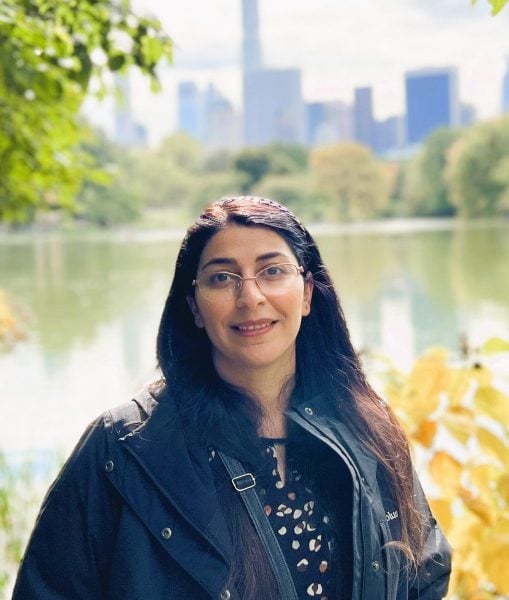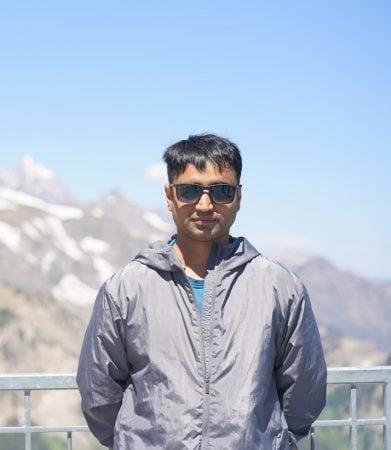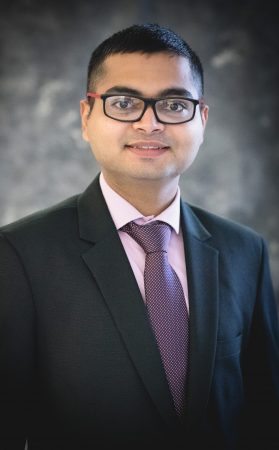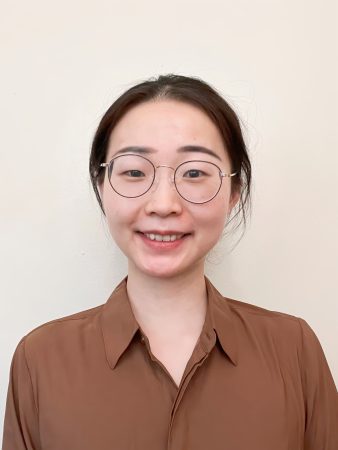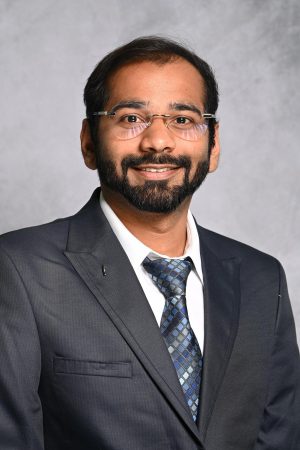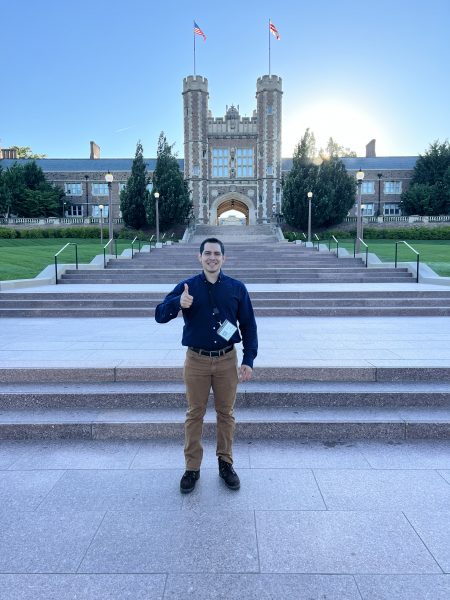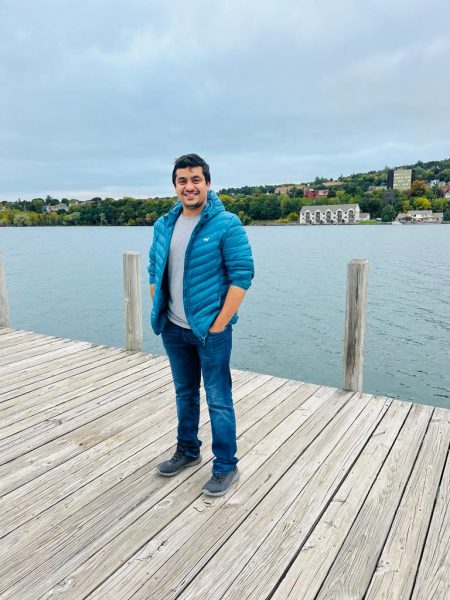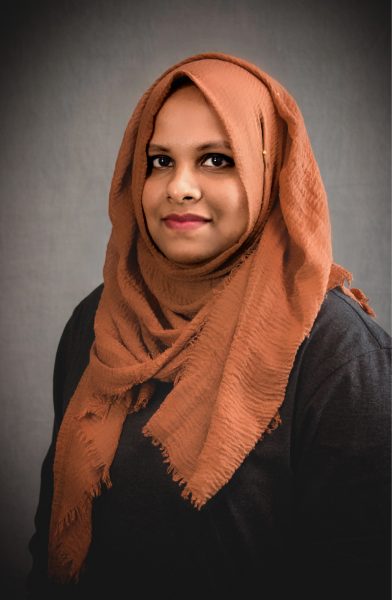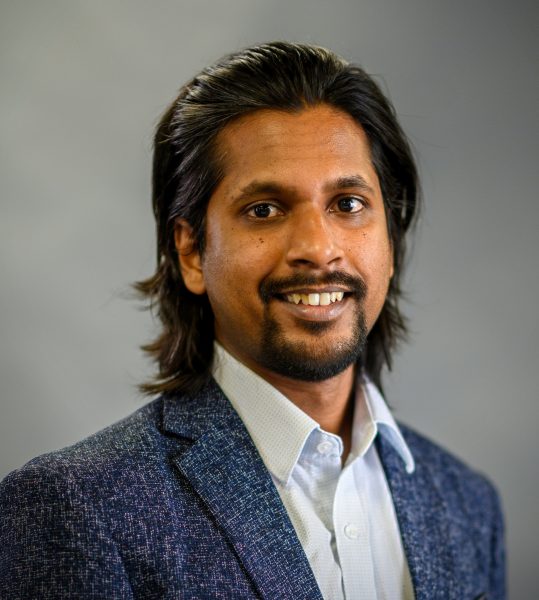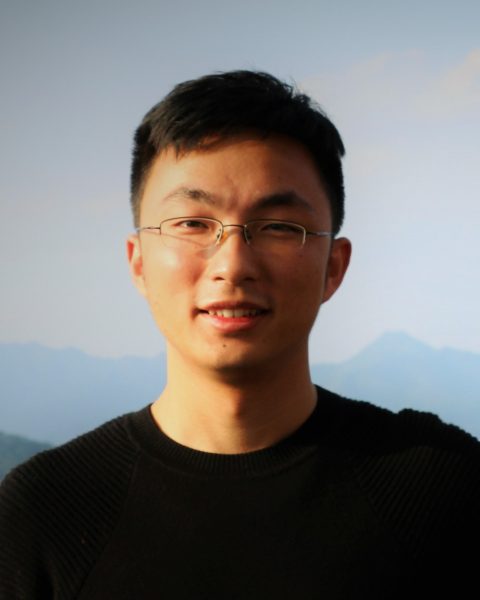I am a third-year PhD student in the Biomedical Engineering department. My research focuses on designing polymeric biomaterials for antimicrobial, hemostatic, and wound healing applications under the supervision of Dr. Bruce Lee. Currently, I am working on a project aimed at developing a novel, antimicrobial hemostatic agent inspired by the strong adhesive properties of mussel adhesive proteins.
Hemorrhage is one of the leading preventable causes of death associated with trauma. Additionally, trauma patients are at a higher risk for developing infection, leading to substantial morbidity and mortality. I aim to develop a novel and portable hemostatic agent that could achieve hemorrhage control in a prehospital setting and prevent infection. This powder-form hemostatic agent can be activated by hydration through the patient’s bodily fluid or blood, which greatly simplifies the criteria for packaging and storage. The proposed hemostatic agent provides multiple mechanisms to prevent infection, including the ability to kill drug-resistant bacteria. The ability to disinfect the wound site in a prehospital setting will limit complications associated with infection and will greatly improve the rate of recovery.
I am immensely grateful for the support provided by the DeVlieg Foundation and the Graduate Dean Awards Advisory Panel. With their support, I will spend the summer conducting in vivo hemostatic and infected wound healing tests using a mouse model to evaluate the rapid and effective hemostatic properties of the designed hemostatic agent, as well as its ability to promote the infected-wound healing.
